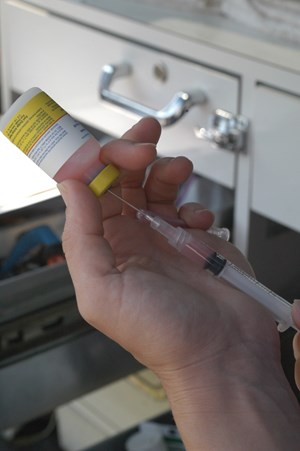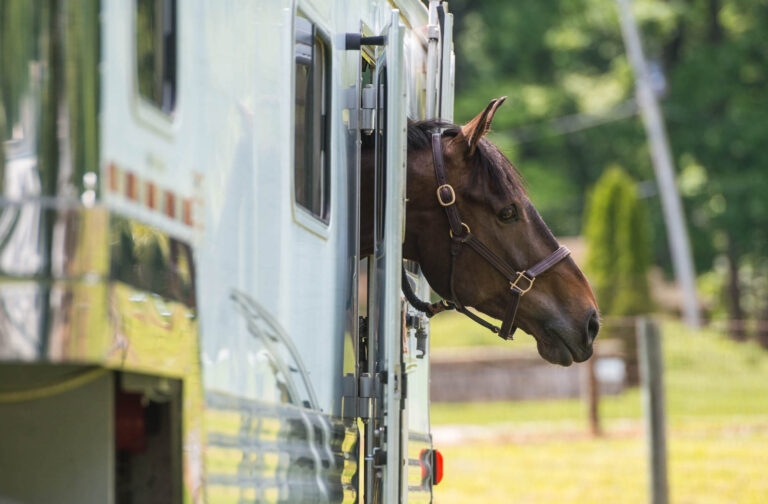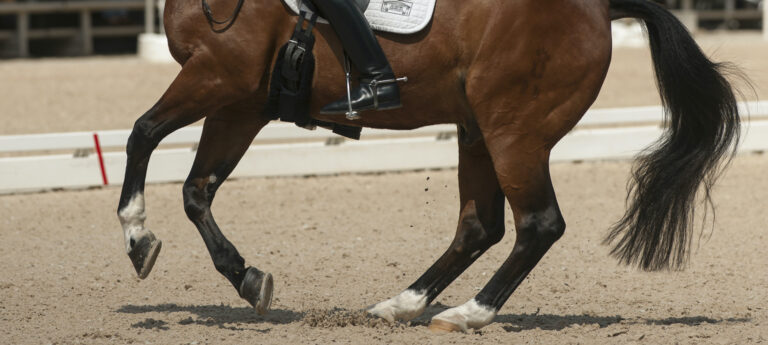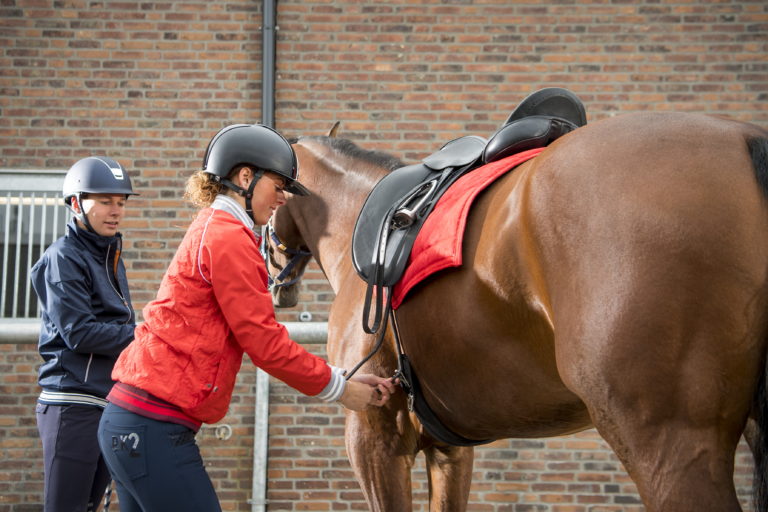With spring just around the corner, now is the ideal time to make your horse’s health a priority. Start by scheduling a spring wellness exam today with your veterinarian. A spring wellness exam is a proactive way to protect your horse’s health, comfort and performance. You can prepare for it by answering the following questions and then reviewing them with your veterinarian:

• Was your horse vaccinated last year?
• Are you planning to board, show, train or travel with your horse in the next six months?
• Has it been more than six to 12 months since your horse’s teeth have been examined?
• Have you noticed any weight changes in your horse in the last six months?
• Is your horse dropping any feed or having any issues with the bit?
• Have you noticed any changes in your horse’s gait recently?
• Is your horse less willing to work on one side than the other?
• Do you plan on making a change to your horse’s level of activity?
• Has it been more than six to 12 months since your horse’s last fecal egg count? How often are you deworming your horse? Is this based on a fecal egg examination?
• Do you need a turnout transition plan for your horse as he moves outside to grass?
• Is your horse fractious when being clipped or shod?
Bringing your horse’s wellness to the forefront will pay off this spring, whether it is as simple as developing a vaccination and deworming program or something more complex. The areas of prevention, controlling parasites and immunizations against infectious disease are good starting points. This will help offer you peace of mind when you know your horses are protected from preventable problems.
According to the American Association of Equine Practitioners, equine vaccines are broken into two categories: core and risk-based. Core vaccinations are those that every horse should receive at least annually, while risk-based vaccines are recommended for horses with particular risk profiles, depending on age, geography, housing or function.
Core vaccines are needed against:
• Rabies: This is a neurologic disease in horses transmitted through the saliva of infected animals, such as skunks, raccoons and bats. Although occurrences are rare, the disease is invariably fatal and poses public-health significance.
• Eastern and Western equine encephalomyelitis: Both are sometimes fatal mosquito-borne diseases that affect your horse’s nervous system. Since the risk of exposure and geographic distribution of Eastern and Western equine encephalomyelitis vary from year to year, all horses are at risk.
• West Nile virus: Mosquitoes spread this disease after feeding on infected birds. It is the leading cause of arbovirus encephalitis in horses. The virus has been identified in all of the continental United States, most of Canada and Mexico, and it is fatal in up to 33 percent of cases of horses exhibiting clinical signs of infection.
• Tetanus: No matter the location, this life-threatening disease is caused by a soil-borne bacterium and is often contracted through a wound.
Risk-based vaccines may be needed against:
• Equine herpesvirus (rhinopneumonitis): This common virus occurs in horse populations worldwide but most commonly in weaned foals and yearlings, often in the autumn or winter. The two most common types are equine herpesvirus Type 1 (EHV-1), which causes abortion, respiratory disease and neurologic disease, and equine herpesvirus Type 4 (EHV-4), which usually causes only respiratory disease but can occasionally cause abortion.
• Equine influenza: One of the most common infectious diseases of the respiratory tract, it can spread quickly among groups of horses from coughing. The most commonly affected horses are ages 1 to 5. Older horses who may have weakened immune systems from frequent exposure at shows or similar events are susceptible as well.
• Leptospirosis: This equine bacterial infection is caused by leptospires. The bacteria penetrate the mucous membranes of the eyes or mouth or enter through skin abrasions. Infection can cause uveitis, the most common cause of blindness in horses; abortions and kidney failure.
• Strangles: Caused by the bacterium Streptococcus equi, this highly contagious disease (also known as distemper) commonly affects young horses but can affect horses of any age.
Remember that the USEF vaccination requirements now require competition horses to have proof of equine influenza virus and equine herpesvirus vaccinations within six months prior to entering the stables. A properly designed vaccination regimen may be one of the most important things you can do to help your horse live a long, healthy life. As every horse has a unique set of needs, a standard one-size-fits-all equine vaccination program does not exist. Work with your veterinarian to design the appropriate regimen for your horse’s needs.











